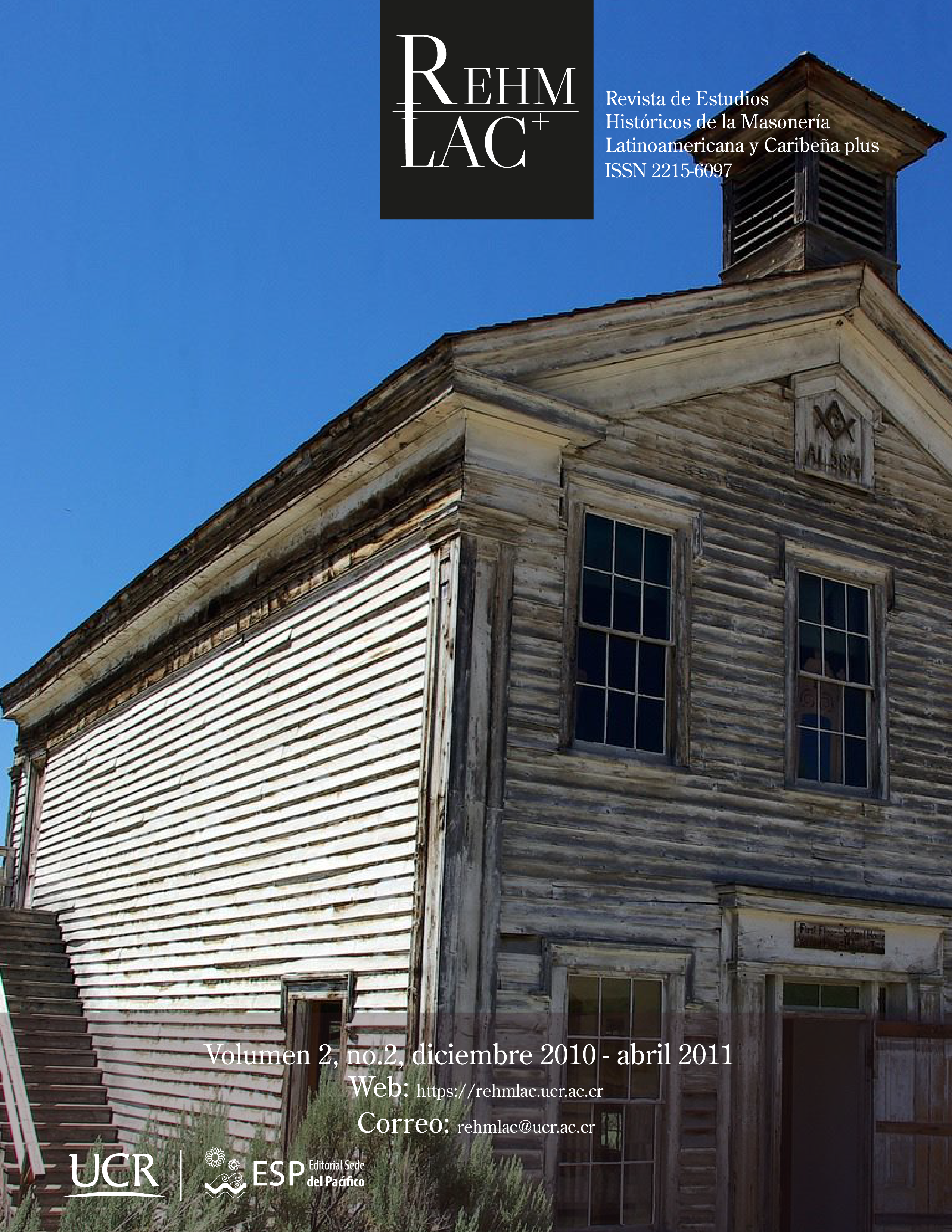Abstract
When questioning freemasonry and patriotism, we have to conceptualize the analysis of the evolution of patriotic identities. The case of the Belgian Revolution of 1830 is extremely clarifying in this regard. The reactions of freemasons demonstrate that patriotism and nationalism were not synonymous in 1830, the former being the love for one’s country, the latter being connected to a specific doctrine of the state. A process of nationalization of patriotism was clearly on the way but did not inspire all patriots. The definition of concepts such as nation, state, and nationalism differed strongly throughout the lodges. What state could offer the best perspectives for the Belgian nation, civic values, and love of freedom? According to a small majority of masons, the budding Belgian state offered the best political solution. But a significant portion of masons, referred to as Orangists, preferred the Dutch regime, which had governed them from 1815 to 1830. However, this did not mean that they were not Belgian patriots. This article analyses the shifting concepts of patriotism, nation, state, and nationalism at the start of the nineteenth century through the case study of Masonic reactions to the Belgian Revolution of 1830 and thus looks at the possibility of lodges acting as patriotic societies.
##plugins.facebook.comentarios##

This work is licensed under a Creative Commons Attribution-NonCommercial-ShareAlike 4.0 International License.
Copyright (c) 2009 Revista de Estudios Históricos de la Masonería Latinoamericana y Caribeña

